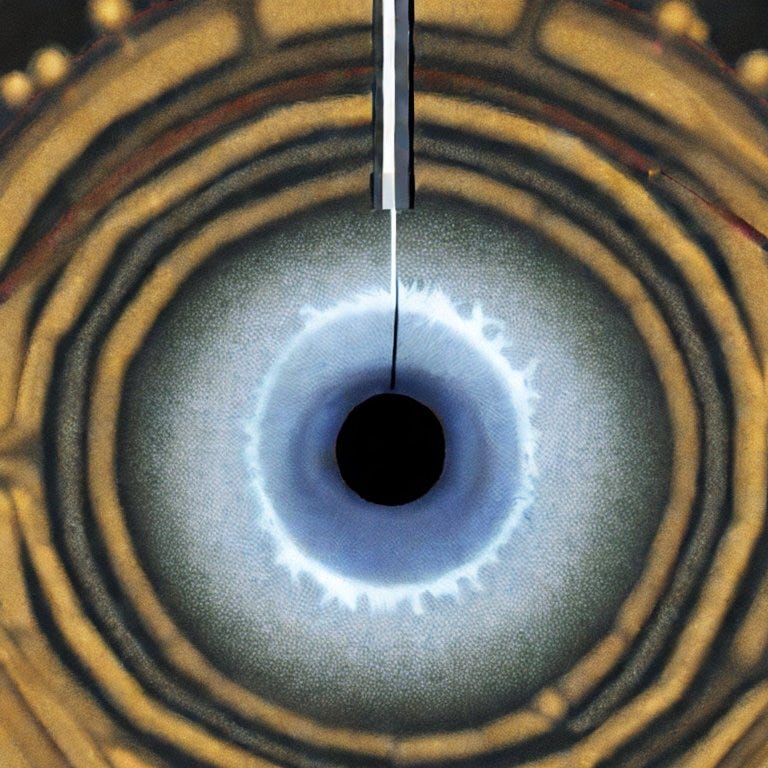An article was published in Nature scientific magazine recently which talks about how there’s been a lack of innovation in science. I don’t think that problem is unique to science. I think we’ve entered a stage of the world that is centered around short-termism that capitalism has kind of driven us to. Scientists say that innovation might be slowing because all the easy scientific discoveries are gone. That we’ve reached a point in human knowledge and understanding where it’s a lot harder and takes a lot longer to become an expert and understand things. I don’t think that’s even close to true yet. It’s most likely that scientists now focus not on doing interesting science but on publishing papers. It’s a hard system to break. Either way, it got me thinking about human knowledge and how maybe one day we will have accumulated so much knowledge that it will be impossible for human beings to become experts anymore. The amount of time it would take to become an expert would be longer than a human being’s life. Life would become more about long-termism. We would develop skills over a lifetime instead of just a few years.
So, what would that look like? My brain imagined this future. And in my imagination this is the story I/my brain came up with. Hopefully, it will get you thinking.
The Quantum Needle
Autumn was the first one to do it. No one believed her, but when the reactor continuously generated power for a year, people had to believe it. She called it the quantum needle. Inside the reactor is a micro black hole. When you shoot photons into the event horizon, you can catch them coming out the other side. But no one predicted they would have more energy than when they went in. If you keep taking the same photon and repeatedly send it through, you can provide enough energy for a small city that lasts for almost a hundred years. Creating the device wasn’t even that complicated. The hard part is jump starting it. No one knows how Autumn was able to jumpstart it in her lifetime. Every quantum needle after the first took around 75 years for someone to be able to learn the skills required to get it going. Maybe it’s because she built it and understood it. Maybe it was because she had an intimate relationship with the machine. An intuition that went deeper than practice or logic could ever take someone. To this day, the fastest anyone has ever threaded the needle has been 63 years. Autumn took 9.
Becoming a Seamstress is a well-respected occupation. People dedicate their life to learning how to thread a quantum needle. Some never even achieved the feat before they die. And while there is sorrow, the idea that someone is dedicating their life to a cause greater than themselves means there is never a lack of applicants. It’s interesting how much society changed because of the Quantum Needle. Not from inexpensive boundless energy. But based on the idea that a person can be of value for more than just pushing capitalism forward in the short-term.





I agree. We are in an instant gratification period. People need to understand that science and most other complicated things are now done with a huge lab of low paid scientists working for big pharma to feel the greed monster. This won’t help humanity in any real way. It’s so compartmentalized that no one person can master an entire project alone. But with the way we learn at The Odin it may be possible on smaller scales. But a magic instant cure for anything isn’t possible in one’s lifetime. Our quest for perfection is our death sentence
Like what you said people will accumulate so much knowledge that it will be impossible for human beings to become experts anymore. I learn a lot about the Dunning-Kruger effect lately, which refers to the cognitive distortion in the self-image of incompetent people overestimating their own knowledge and skills. Of course science as a field is no exception. Because of this ignorance, they cannot expand their own knowledge and competence either and they underestimate the knowledge of others. And especially in today's time where information is available to everyone, I hope that the real experts will prevail. This is the future I dream about, no matter how much it seems like a utopia today.